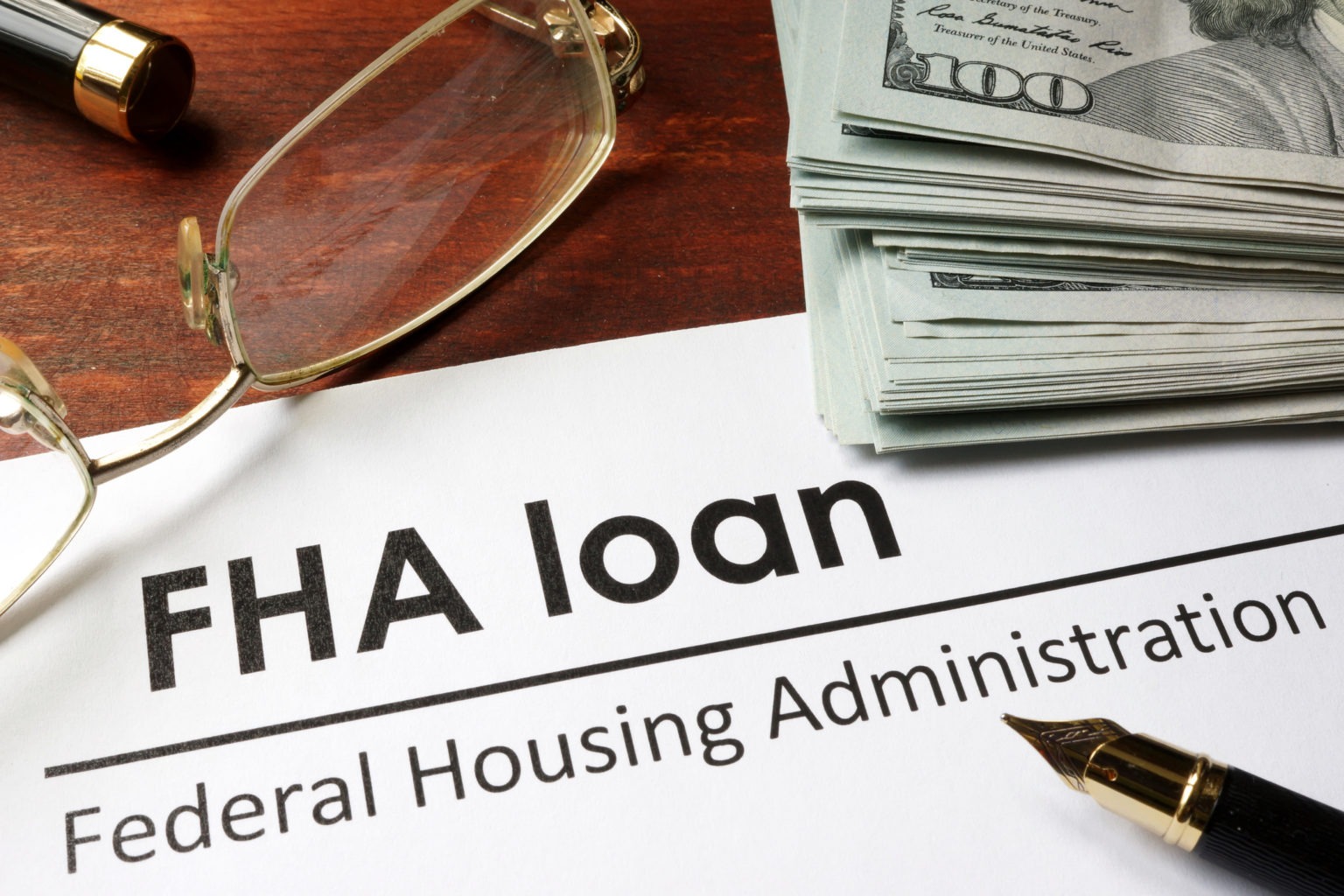Everything You Need to Know About FHA Loans

As you shop for a home, you are probably also shopping for a loan. In recent years, between two-thirds and three-quarters of buyers sought financial assistance to make their purchase. One attractive option for many borrowers is the FHA loan.
Since 1934, the Federal Housing Administration (FHA) has been offering mortgage insurance that protects lenders. This in turn enables lenders to offer borrowers loans with easier qualifying terms, lower down payments and lower closing costs.
Here is some basic information about FHA loans. Your loan officer will be able to provide additional details specific to your needs.
- FHA loans are available only for a primary residence, and the property must meet certain minimum standards.
- Borrowers may hold only one FHA loan at a time, though there may be some exceptions in cases of divorce, relocation, etc.
- Mortgage limits for FHA loans vary by state and county.
- Borrowers must be able to show steady employment, a valid Social Security number, lawful U.S. residency and must meet the minimum age requirements for mortgage application in their state.
- In general, borrowers must be two years out of bankruptcy and/or three years out of foreclosure and have re-established good credit.
- Borrowers need to work with an FHA-approved lender and an FHA-approved appraiser. Costs and terms may vary; your mortgage banker can help you find the most attractive and appropriate terms for your situation.
- The minimum down payment for FHA loans is 3.5% of the purchase price.
- The down payment amount may come from personal savings, gifts from family members or down payment assistance grants.
- To qualify for the minimum down payment, borrowers must have a credit score of 580 or higher.
- All FHA loans require two mortgage insurance premiums: a one-time, upfront, paid-in-full amount of 1.75% of the home loan, which can be included in the settlement charges or rolled into the mortgage; and an annual premium paid in monthly installments as part of the mortgage, which is based on the loan amount, the length of the loan and the initial loan-to-value ratio.
- FHA loans allow closing costs to be paid by the seller, builder or lender, if offered.
- The FHA offers various specialized products, such as Energy-Efficient Mortgages that credit the costs of energy improvements and loans for manufactured housing.
- FHA loans are available for purchases and refinances and can be funded as either fixed-rate or variable-rate mortgages.
- There are no prepayment penalties for FHA loans.
- FHA loans are assumable – they can be passed along to a future buyer if that buyer qualifies.
Comparison shopping makes good sense, whether you are comparing one FHA loan to another or comparing FHA to conventional loans. Your Sente Mortgage loan officer can help you read the fine print, answer your questions and make sure you get the loan that works best for your current and future financial picture.
Want to learn more about which loan might be right for you? Visit our loan product page, or give us a call today.
